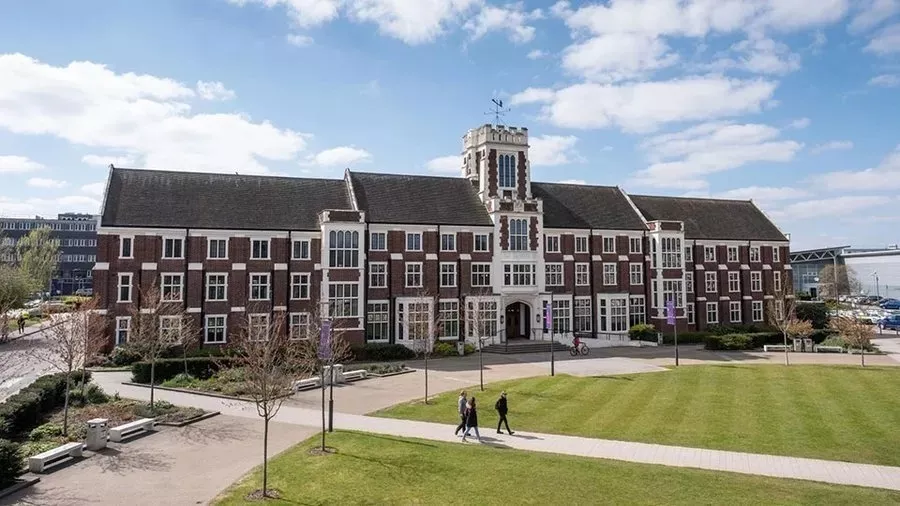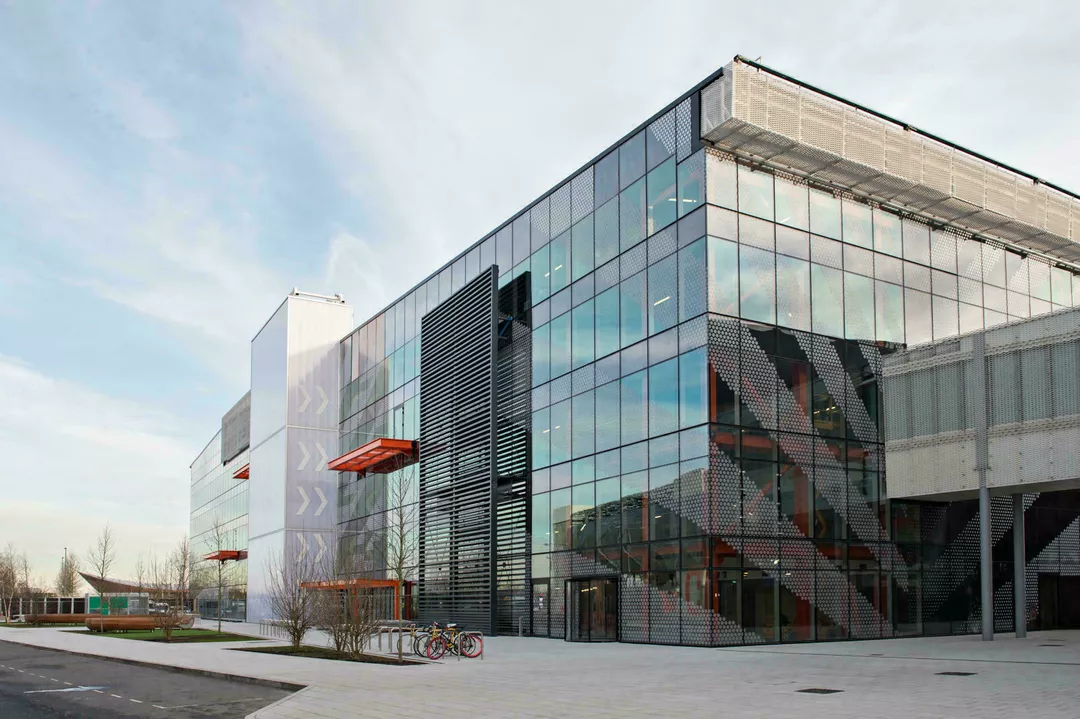-
hello@abroadcube.com
Mail us
-
Call For Help:
98779 83783
-
Whatsapp Us
70090 34921
The MSc conversion programme in Data Science offers an excellent solution for graduates from varying academic and professional backgrounds wanting to up skill for careers in data science, data analysis, data management or data stewardship.
Data has been called “the oil of the digital economy” (Wired) with importance to all organisations in all sectors and at every level. As such, wide-ranging opportunities exist for skilled graduates with expertise in data science.
Designed in collaboration with industry partners and supported by funding from the Office for Students (OfS), the new MSc Data Science conversion programme has a distinctive focus on problem-based learning and offers modules designed to support students' career goals and aspirations. Programme content is focused not only on fundamental data science but also on design thinking and innovation, data governance, ethics and data analysis.
This unique master's offers an excellent solution for graduates wishing to upskill to support their career aspirations in data science, pursuing roles in data analytics, management and stewardship. It is suitable for students from industry, including those who come from managerial, leadership and information administration posts and who wish to upskill in order to enter the world of data science. The programme also appeals to science graduates and those from the social sciences (eg criminology, economics, public health and psychology), life sciences (eg biological and biomedical sciences) and applied sciences (eg engineering and medicine) who wish to learn how to analyse data or who wish to understand the world of data science from a business perspective.
The programme is designed for students who do not have a first degree in computer science (those who do may wish to consider the MSc Artificial Intelligence or the MSc Advanced Computer Science). Loughborough University would however consider applications in their own merit, so they encourage anyone to get in touch.
The kinds of positions Loughborough University would anticipate graduates of this programme gravitating towards would include roles in analytics engineering, big data engineering and business intelligence, and as data architects, data analysts, data scientists and statisticians.
As a student in the Department of Computer Science, students will enjoy 24-hour exclusive access to the computer laboratories, including a designated MSc computer science laboratory supported by a team of systems specialists and specialist laboratory for artificial intelligence (AI) and machine learning work. Students will also gain insights from the cutting-edge research of the academic staff and become part of a rich community that is research active and attracts staff, students and visitors from around the world.
The Office for Students are making scholarships available to increase diversity in the AI and data science sector and to support students from under-represented groups to access, participate and succeed in higher education.
| Level | Masters |
| Discipline | Computer Science and IT |
| Duration | 12 months |
| Intakes | Oct |
| Application Fees | GBP 0 |
| Tuition Fees | GBP 28100 |
| Campus | Loughborough |
| Language proficiency (minimum) | |
| IELTS | 6.5 |
|---|---|
| TOEFL | 92 |
| PTE | 67 |
| Duolingo | 110 |
| Exam proficiency (minimum) | |
| SAT | Not Required / Waiver |
|---|---|
| ACT | Not Required / Waiver |
| GRE | Not Required / Waiver |
| GMAT | Not Required / Waiver |
Minimum GPA - 68%
QS Quacquarelli Symonds is the world’s leading provider of services, analytics, and insight to the global higher education sector, whose mission is to enable motivated people anywhere in the world to fulfil their potential through educational achievement, international mobility, and career development.
THE (Times Higher Education) has been providing trusted performance data on universities for students and their families, academics, university leaders, governments and industry, since 2004. We create university rankings to assess university performance on the global stage and to provide a resource for readers to understand the different missions and successes of higher education institutions.
The Academic Ranking of World Universities (ARWU) was first published in June 2003 by the Center for World-Class Universities (CWCU), Graduate School of Education (formerly the Institute of Higher Education) of Shanghai Jiao Tong University, China, and updated on an annual basis
The "Webometrics Ranking of World Universities" is an initiative of the Cybermetrics Lab, a research group belonging to the Consejo Superior de Investigaciones Científicas (CSIC), the largest public research body in Spain. CSIC is among the first basic research organizations in Europe. The CSIC consisted in 2006 of 126 centers and institutes distributed throughout Spain.



